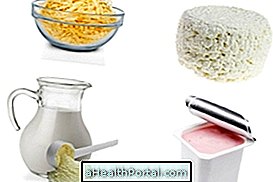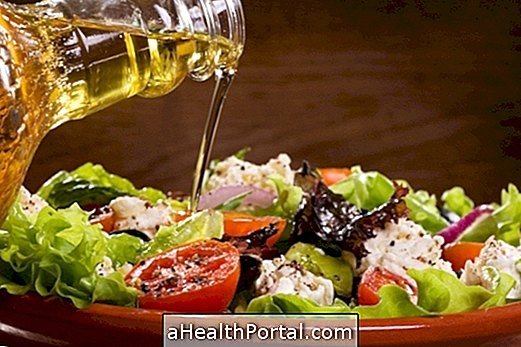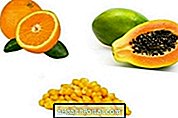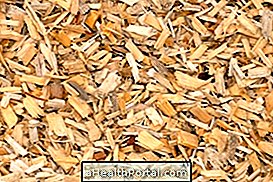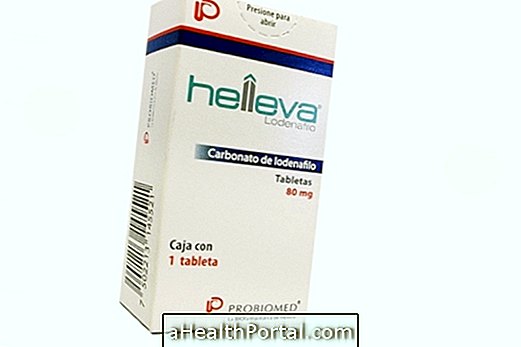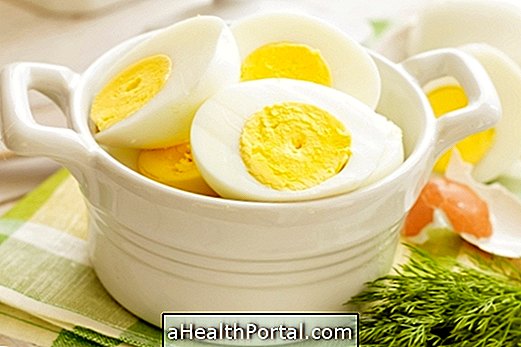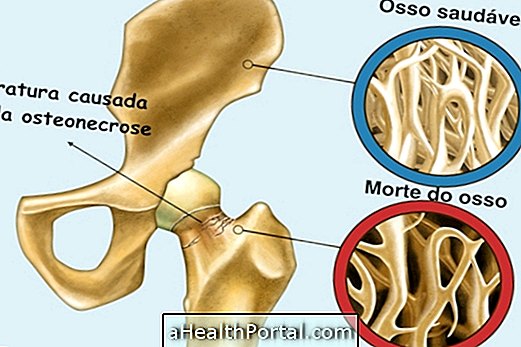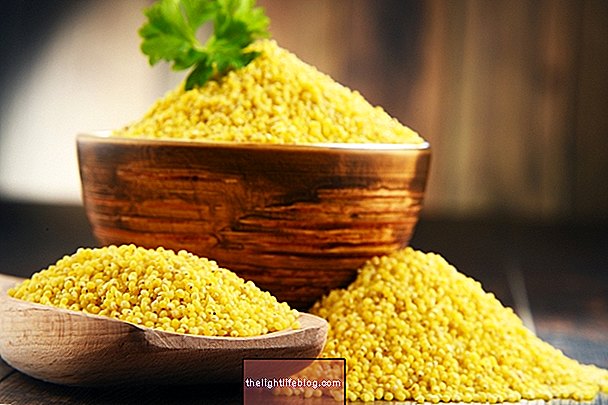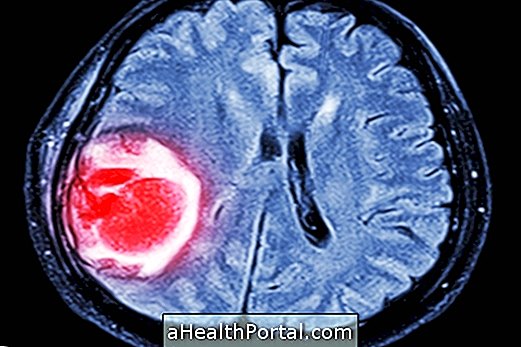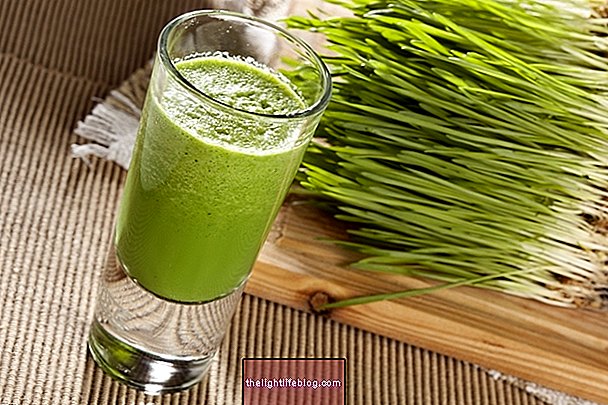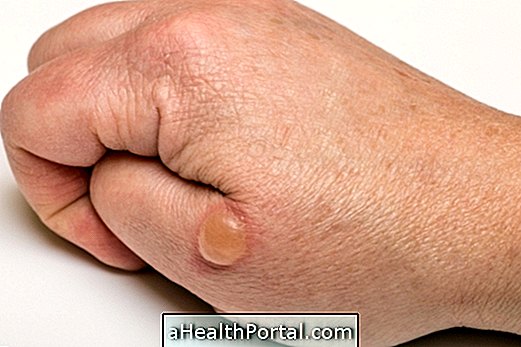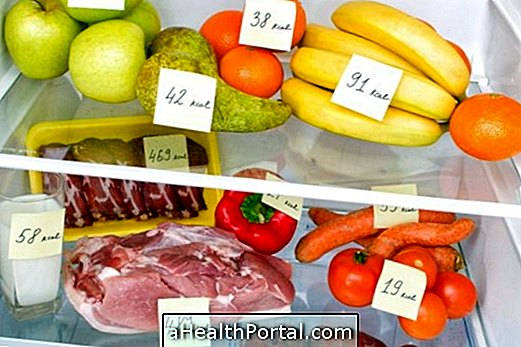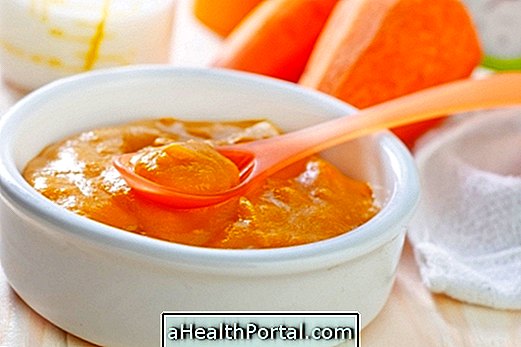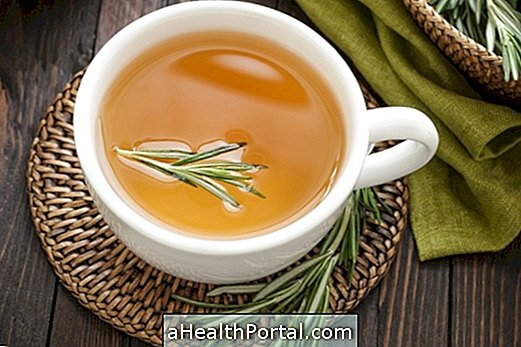Foods rich in lysine are mainly milk, soybeans and meat.
Lysine is an essential amino acid that can be used for herpes because it decreases viral replication of the herpes virus reducing the recurrence, severity and recovery time of manifestations of herpes or genital herpes.
Lysine is found in foods but the amount is not sufficient for treatment and therefore a supplementation of 500 mg per day for suppression of the virus or 1000 to 6000 mg per day is recommended for the treatment of recurrences.
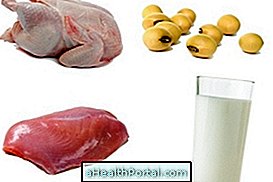

Table of foods rich in Lysine
| Foods | Amount of lysine in 100 g | Energy in 100 g |
| Skimmed milk | 2768 mg | 36 calories |
| Soy | 2414 mg | 395 calories |
| Turkey meat | 2173 mg | 150 calories |
| Turkey heart | 2173 mg | 186 calories |
| Chicken meat | 1810 mg | 149 calories |
| Pea | 1744 mg | 100 calories |
| Fish | 1600 mg | 83 calories |
| Lupine | 1447 mg | 382 calories |
| Peanut | 1099 mg | 577 calories |
| Egg yolk | 1074 mg | 352 calories |
As lysine is an amino acid that our body can not produce, it is important to consume this amino acid through food.
What is lysine for?
Lysine serves to combat virus infections as it has antiviral properties and is very effective for osteoporosis as it helps to increase the absorption of calcium. In addition, it is important in the bone and muscular development of children, as it participates in the activity of growth hormone.
Lysine is also a component of the ketoprofen lysinate drug, which is indicated for various diseases such as arthrosis, periarthritis, arthritis, rheumatoid arthritis, gout, acute joint rheumatism, low back pain / tenderness, tendinitis, neuritis, muscle distension, contusion, also providing relief of pain in dental surgeries, dysmenorrhea, orthopedic surgery and other traumatic and postoperative conditions.
